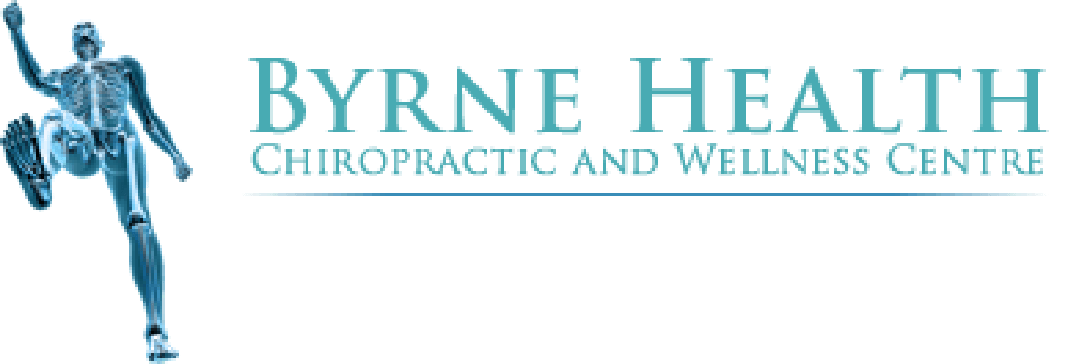 You do everything you can to look out for your kids. Their safety is always at the forefront of your mind. If your child is active or plays sports, they’ve experienced numerous slips, falls and accidents. Have you ever been concerned about the risk of a concussion?
You do everything you can to look out for your kids. Their safety is always at the forefront of your mind. If your child is active or plays sports, they’ve experienced numerous slips, falls and accidents. Have you ever been concerned about the risk of a concussion?
You know that if your child hits their head, you must consider whether they have a concussion. If they’re a hockey player and take a tough headfirst slide into the boards, you know to be concerned about how they’re feeling. Though you may associate a concussion with a collision that affects their head, they can also be the result of different types of injuries to the neck. With various causes, how do you know whether your child is at risk of having a concussion?
Your Child’s Warning Signs
Following an incident with a risk of concussion, it’s important that you keep a close eye on your child. There are some differences you might be able to see in their behavior. For example, they might usually want to play with friends after school, but suddenly want to be alone in their room or lie on the couch.
Keep an eye on their behavior, attitude and energy levels. If you think that there is a cause for concern, don’t hesitate to get them evaluated by a qualified professional. The 48-72 hours following a concussion incident are the most vital, making it essential to get them attention as quickly as possible.
Your child’s recall of what has happened might be hazy, or they may be frightened of telling you that they were doing something they shouldn’t. That’s why we encourage you to get evaluated by someone who has studied concussion protocols to ensure your child’s safety.
Contact Dr. Dale Byrne today to schedule your child’s evaluation!
